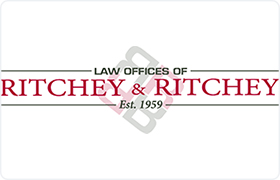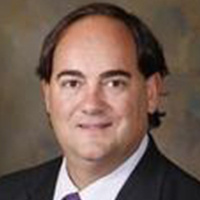Shelby County, AL Estate Planning Lawyers
Sponsored Law Firm
-
 x
x

Click For More Info:
-
Ritchey & Ritchey
1740 Oxmoor Road Birmingham, AL 35209» view mapEstate Planning, Wills & Probate, Elder Law Small Firm Attention. Large Firm Capability.
Ritchey & Ritchey, one of the oldest law firms in Birmingham as well as Alabama, was founded in 1959 on a simple premise: provide clients with guidance and expertise.
205-271-3100
Includes: Gift Taxation
Darrell Lloyd Cartwright
Litigation, Living Wills, Estate Planning, Bankruptcy
Status: In Good Standing Licensed: 35 Years
April B. Danielson
Landlord-Tenant, Election & Political, Estate Planning, Business
Status: In Good Standing
 Ferris Ritchey Birmingham, AL
Ferris Ritchey Birmingham, AL Practice AreasExpertise
Practice AreasExpertise
